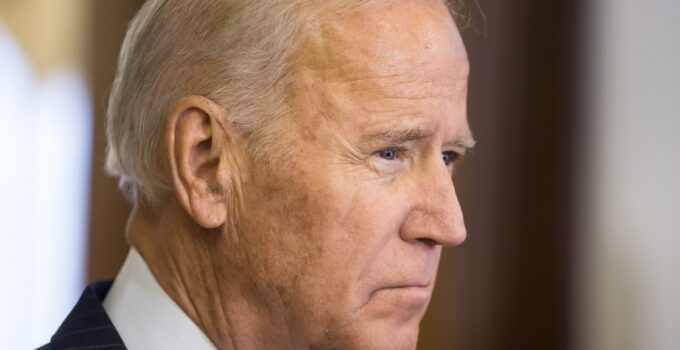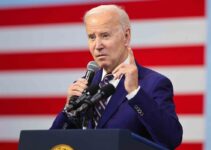A major push for electric vehicles (EVs) by the Biden administration has led to a significant challenge for over 3,000 auto dealers across the United States. These dealers, dealing with an influx of unsold EVs, have penned an open letter to President Biden, voicing their concerns and urging a reconsideration of the aggressive EV mandate.
Coalition’s Concerns
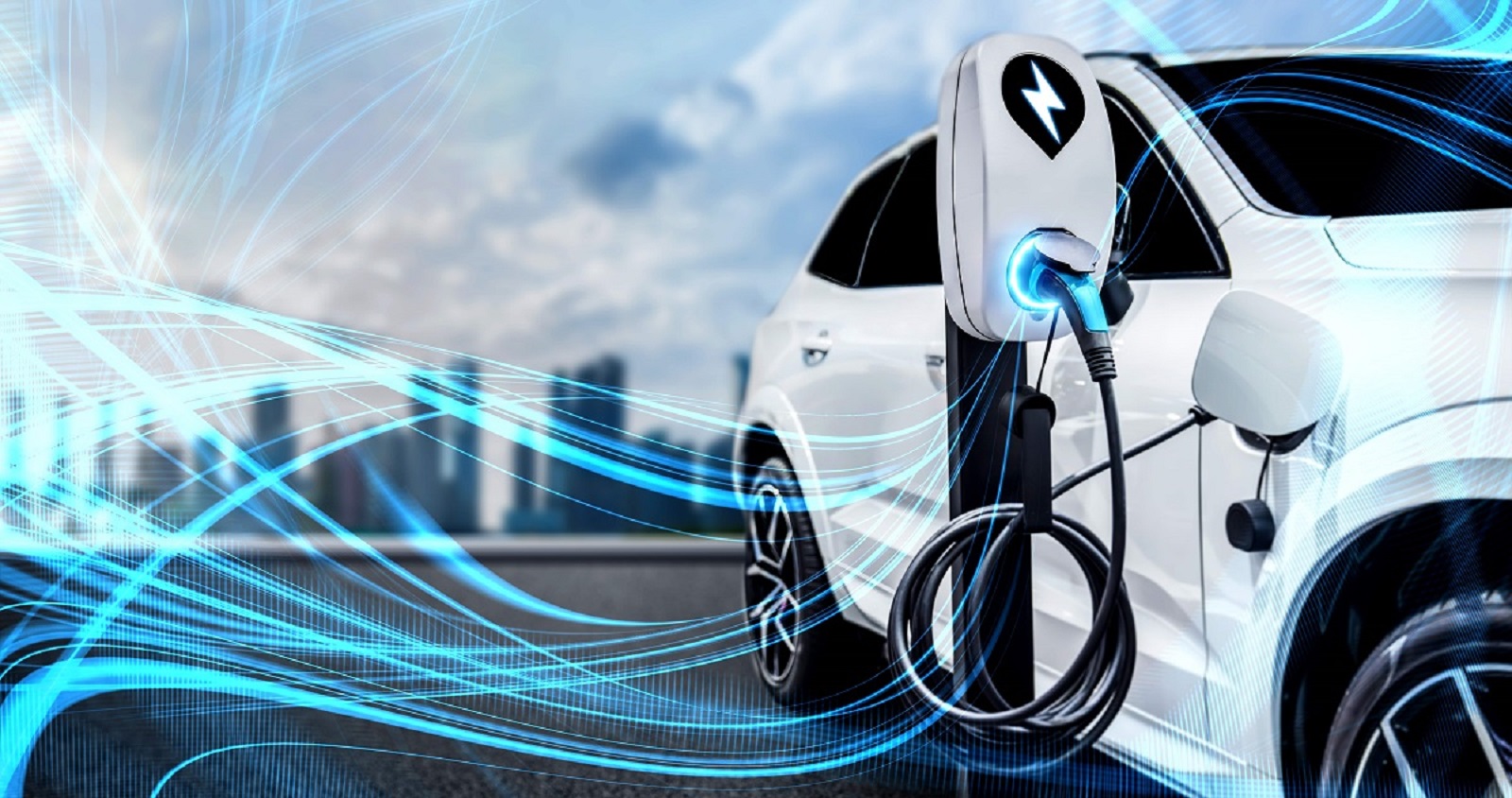
Image Credit: Shutterstock / Blue Planet Studio
More than 3,000 dealers are part of a coalition opposing the current EV regulations.
They argue that these policies are leading to a surplus of EVs in their inventories, reflecting a discrepancy between government targets and consumer demand.
Emissions Standards Impact
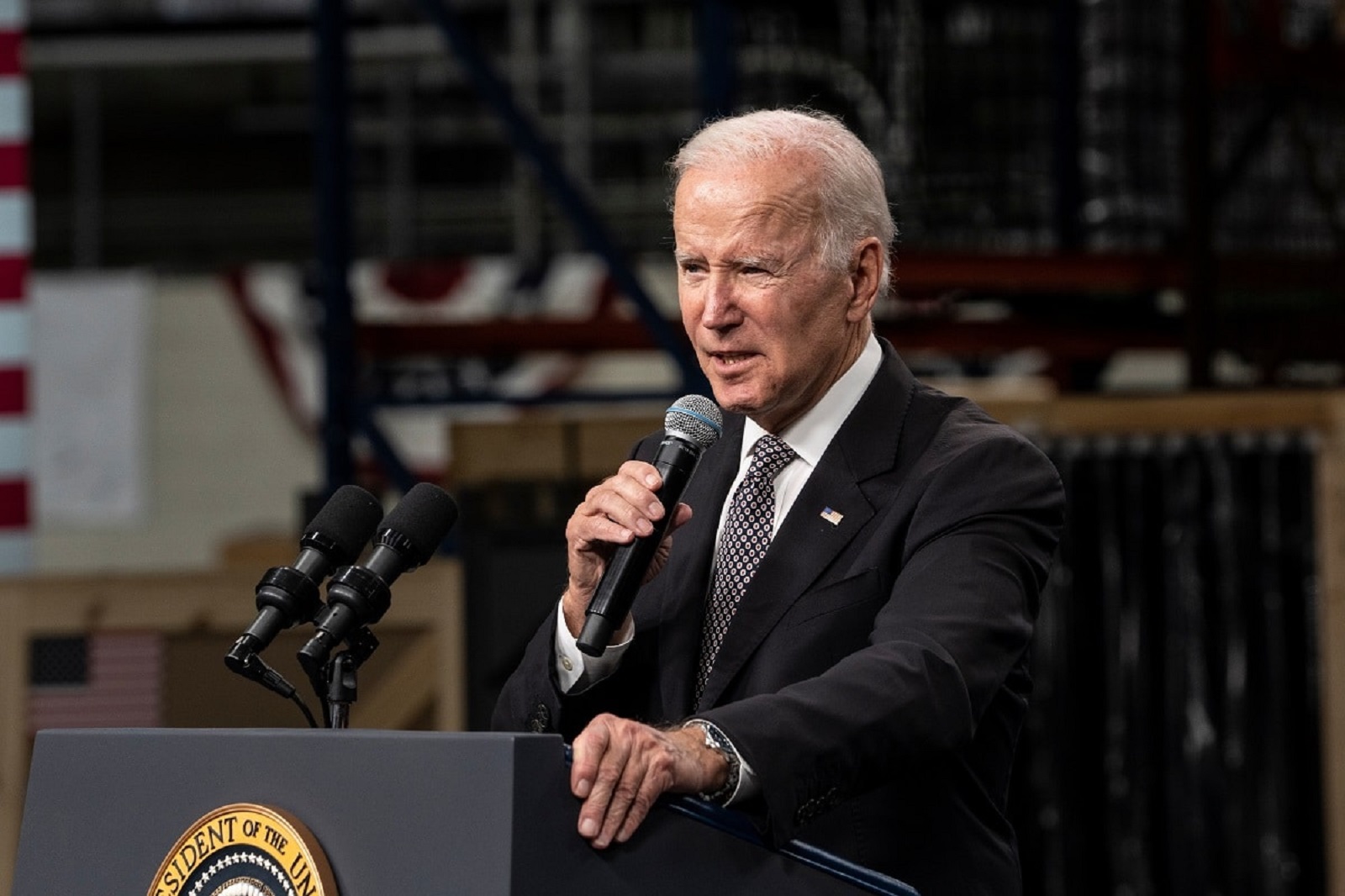
Image Credit: Shutterstock / lev radin
The Biden administration’s tailpipe emissions standards are the most stringent ever.
They aim to make the majority of new vehicle purchases electric within a decade, creating a gap between policy and market realities.
Dealers’ Observations

Image Credit: Shutterstock / fizkes
Dealers note that despite initial excitement for EVs, the demand has not kept pace with supply.
They observe an accumulating stock of unsold EVs, even amidst various incentives.
Biden’s EV Goals
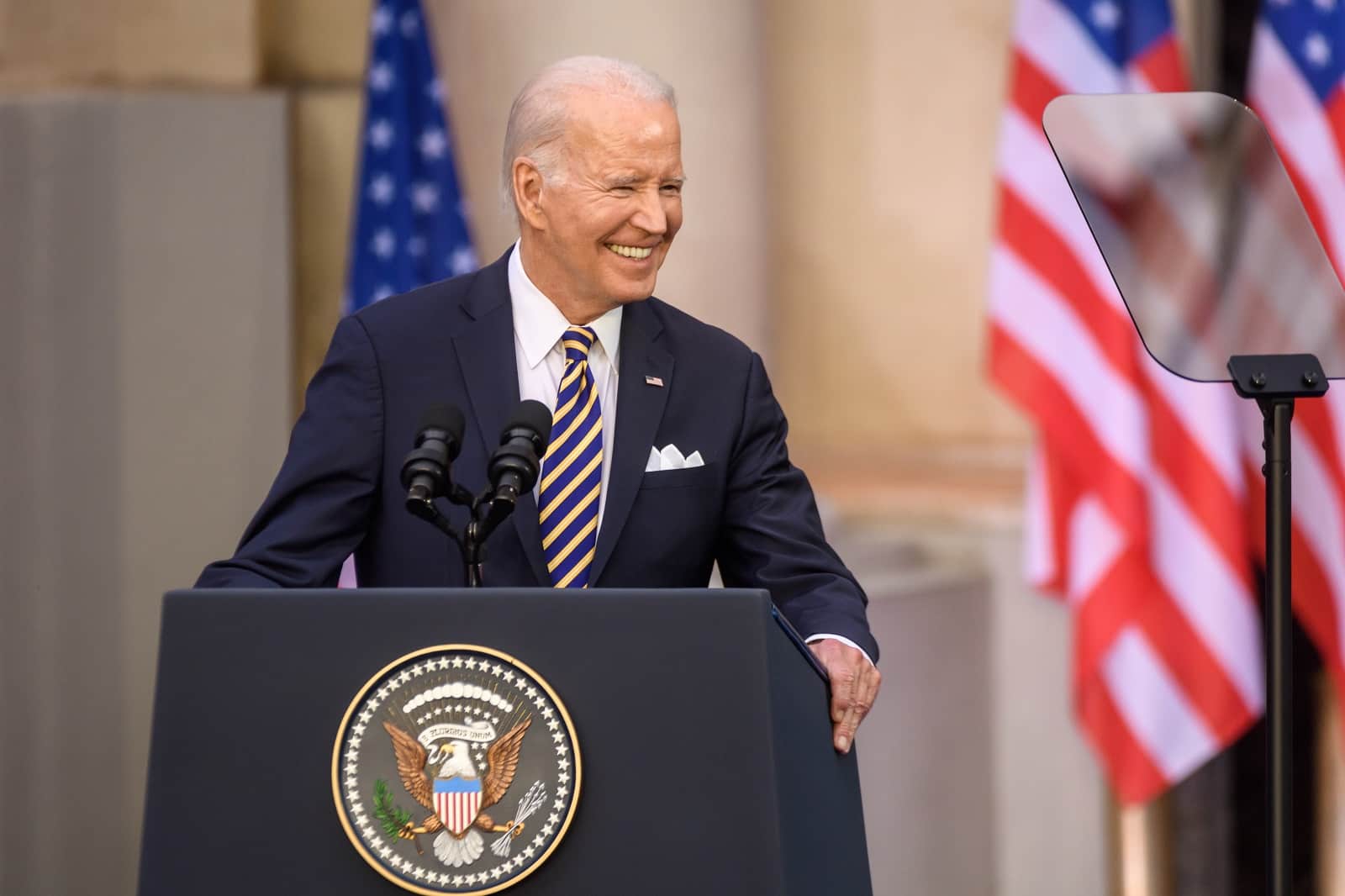
Image Credit: Shutterstock / Gints Ivuskans
President Biden has set an ambitious goal for 50% of car purchases to be electric by 2030.
However, dealers believe that this push overlooks current consumer preferences and market trends.
Realistic Targets Questioned

Image Credit: Shutterstock / fizkes
The auto dealers question the realism of the EPA’s regulations, suggesting that the actual customer demand is best indicated by the growing number of unsold EVs at their lots.
Industry Challenges Highlighted

Image Credit: Shutterstock / fizkes
Dealers point out various issues plaguing the EV industry, such as insufficient charging infrastructure, energy grid instability, and a scarcity of essential minerals for EV batteries.
Call for a Reevaluation

Image Credit: Shutterstock / Denis—S
The coalition urges President Biden to reconsider the EV mandate, suggesting allowing more time for technology advancements, affordability improvements, and infrastructure development.
EPA Regulations Explained

Image Credit: Shutterstock / lucasImages
The EPA’s regulations, set to impact car models from 2027 to 2032, aim to increase EV purchases significantly.
They form part of a broader strategy to reduce greenhouse gas emissions.
Consumer Preference Matters

Image Credit: Shutterstock / inewsfoto
Tom Maoli, a signatory of the letter, emphasizes that consumers are hesitant about EVs due to concerns about infrastructure, range, and higher costs, even with incentives.
Market Dynamics

Image Credit: Shutterstock / Gsign76
Despite incentives, consumer reluctance remains a significant barrier to EV adoption.
Dealers argue for a market-driven approach, allowing consumers to choose vehicles that best suit their needs.
Gas-Powered Dominance
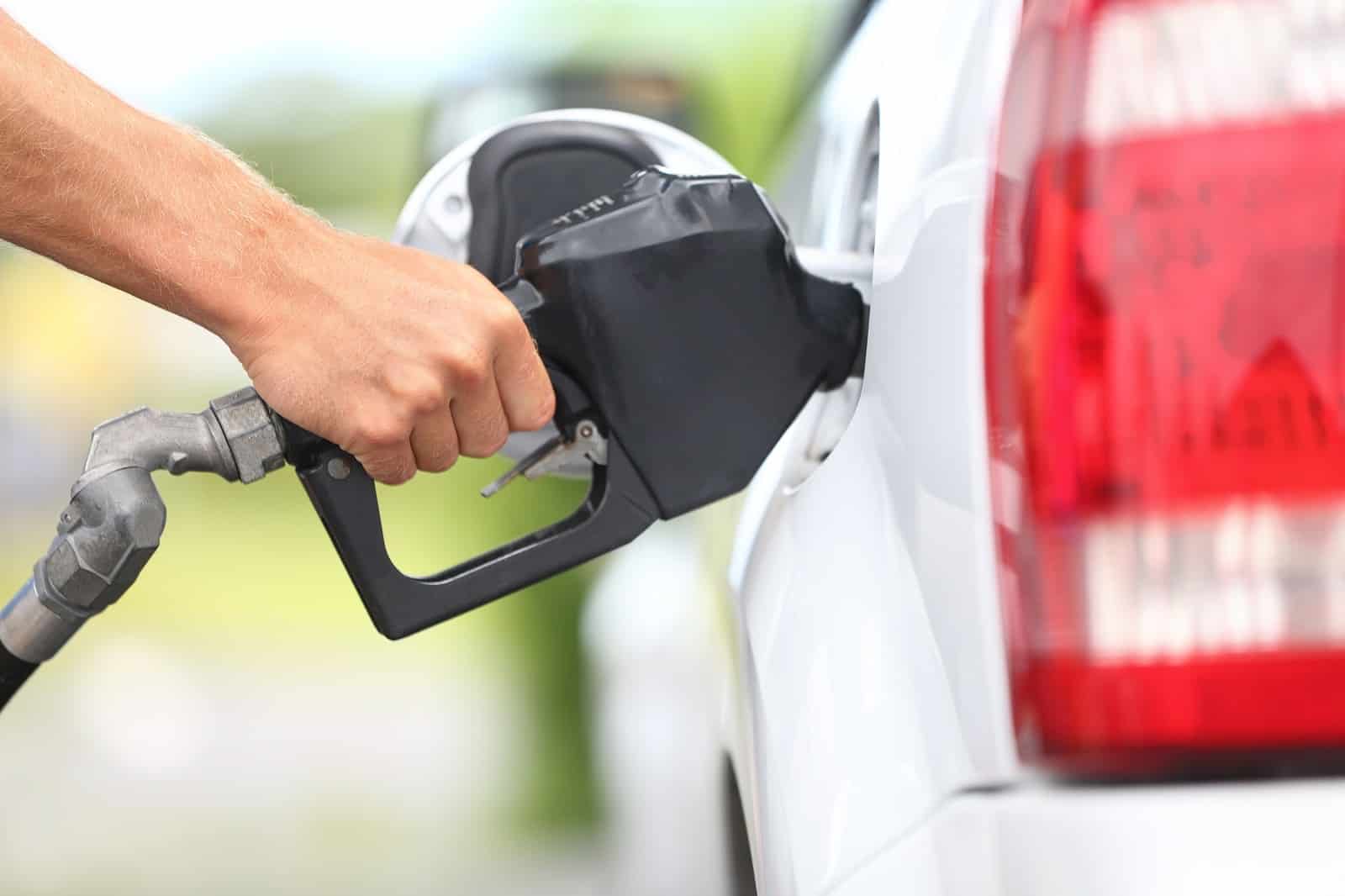
Image Credit: Shutterstock / Maridav
In 2022, gas-powered cars accounted for 93% of new car sales, indicating a substantial preference for traditional vehicles over EVs.
China’s EV Industry Influence

Image Credit: Shutterstock / totojang1977
China’s dominance in the EV battery market and control over critical minerals raises concerns about national security and market dependence.
Critical Mineral Control

Image Credit: Shutterstock / Phonlamai Photo
Over half of the world’s processing and refining capacity for lithium, cobalt, and graphite, crucial for EV batteries, is located in China.
This dominance extends to key components of lithium-ion batteries.
Balanced Approach

Image Credit: Shutterstock / AboutLife
The auto dealers’ coalition calls for a more balanced approach to EV adoption, taking into account consumer preferences, market readiness, and the global dynamics of the EV industry.
A Complex Transition
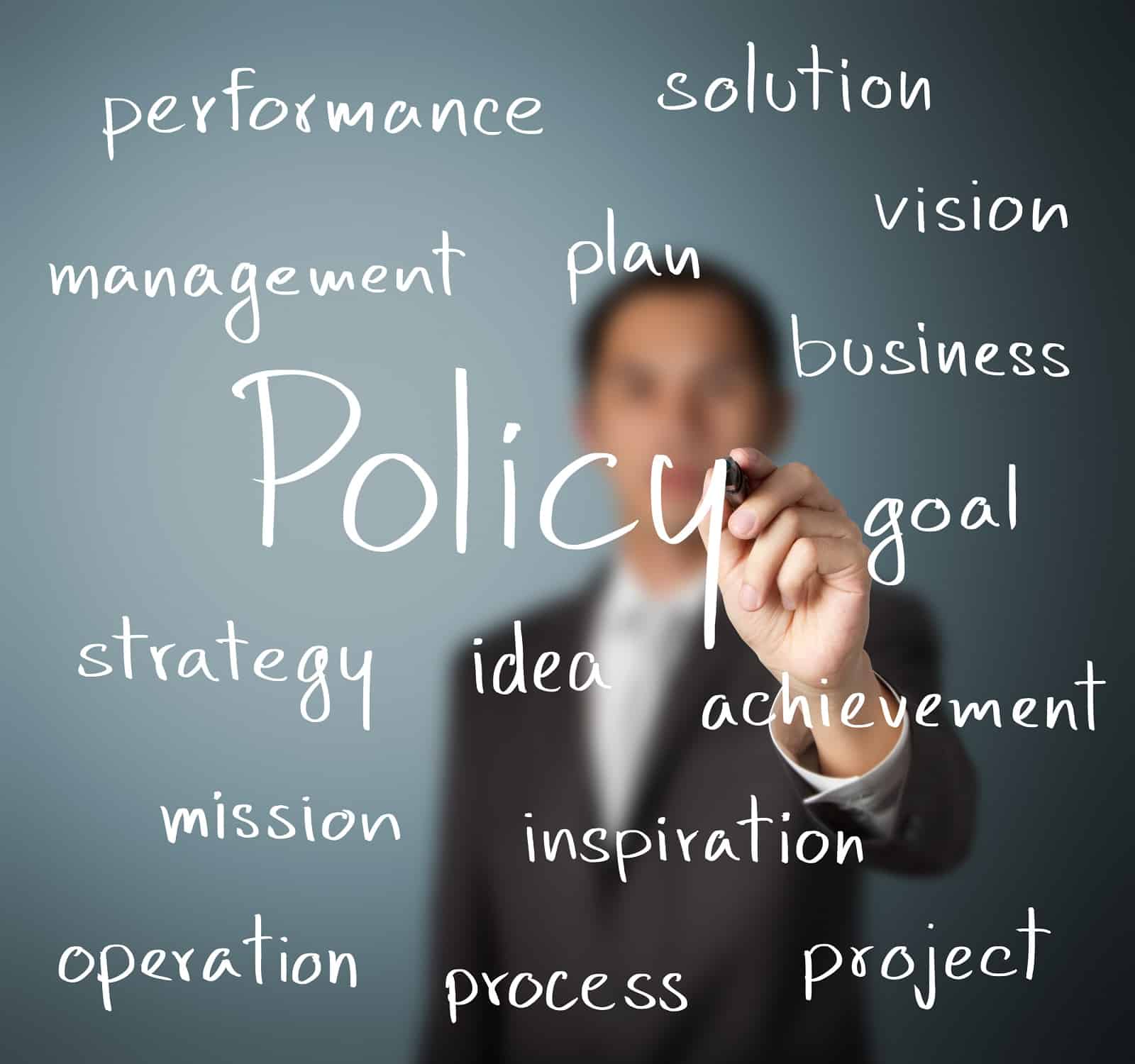
Image Credit: Shutterstock / Dusit
Their plea highlights the complexity of transitioning to a greener future and the need for policies that align with both environmental goals and market realities.
The post – Biden’s EV Mandate Under Fire from Auto Dealers as Unsold Cars Pile Up – first appeared on Mechanic Insider.
Featured Image Credit: Shutterstock / Drop of Light.
For transparency, this content was partly developed with AI assistance and carefully curated by an experienced editor to be informative and ensure accuracy.
